As students were spending their spring break extension wondering what their classes would look like for the rest of the semester, Disability Services for Students and Teaching and Learning with Technology partnered up to ensure all classes were accessible for students with disabilities.
Crystal Hill, the director of DSS, said that once national and local news started reporting about other schools closing and extending spring break, DSS immediately started to prep for classes to be moved online. DSS connected with TLT to create a plan on how they could support students and faculty during the transition, and the two departments decided to meet weekly to discuss any concerns students may have about their courses and accessibility.
To make sure they are still addressing student’s needs, DSS sent out a survey to students with disabilities to see what their concerns were. Hill said her goal is to make sure students with disabilities are not forgotten.
“As we move forward with technology and evolve as a campus, I don’t want us to forget about the civil rights of our students with disabilities,” Hill said. “It’s my job to be visible and to be the voice for those students and to speak out when I feel like maybe some of their current concerns are not overlooked.”
DSS also started testing assistive technology and different programs to see how much students with disabilities have access to and coming up with effective ways to make sure the new technology is accessible.
“We’re still searching for assistive technology resources, still doing short term counseling and mediating discussion between faculty and students,” Hill said. “Faculty is concerned with academic integrity and exam security, but our concern is always access. We have to ensure the faculty are clear as far as the obligations of the law.”
As DSS focuses on students, TLT focuses on helping instructors transition online and make their classes as accessible as possible.
“What I am trying to do is really help faculty focus on how they can make their courses more usable and more accessible for all students,“ Tessa O’Dowd, a TLT instructional designer said. “If we can get them to focus in that direction then everyone benefits, including students with disabilities.”
O’Dowd said she and the other instructional designers started to talk about the possibility of the campus moving online toward the beginning of the year, and in mid-February, they began designing a course that would help faculty move their classes online.
During the spring break extension, TLT reserved a lab where faculty could come receive individual or group training on transitioning to online classes. For the faculty members that were not able to make the classes, TLT put the face to face training online. The instructional designers also facilitated an online class to help professors learn firsthand how to run an online course. O’Dowd said she doesn’t believe they would have been able to transition so well without help from other departments and faculty members.
“We had a lot of help,” O’Dowd said. “The Center for Faculty Excellence offered training non-stop for that week on Panopto, which is a product that a lot of our instructors use to capture their lectures and to record their lectures. We also just had other really fantastic instructors that were already teaching online, reaching out to their fellow faculty members and helping them. “
Despite classes now been online for a while, TLT has not stopped coming up with new training. They started working on a course to help instructors assess students online. TLT has also started training librarians and administrative assistants on how to caption videos and are hoping to have the volunteers trained and ready to help professors for summer and fall courses.
Sophomore social major, Demetria Ober, was worried about the transition to online classes. All of Ober’s classes had been face to face, and she was worried about how accessible her classes would be and potentially losing the extra time she usually gets to do tests and quizzes, but she was to find that her professors were accommodating.
“I was a little bit worried,“ Ober said. “I don’t doubt the capabilities of Disability Services, but going online, I was worried if things will be accessible. I am blind, so I have to make sure that things are accessible with my screen readers and my Zoom magnification.
“I was a bit nervous about my time requirements that I have.”
“My professors are super accommodating – I communicate with them regularly. I feel as though they go above and beyond.”
Hill said she hopes that once the pandemic is over, accessibility continues to be something people think about when they think of online classes.
“Some of the things we’ve been asking for and hoping for when it comes to online learning, we’re in a place where that can happen,” Hill said. “This can be the new normal that things are just accessible from the start. After we get over this crisis, there could definitely be some positive outcomes for accessibility, not only on our campus but nationwide for education and disability.”
Plamedie Ifasso can be reached at pifasso@twu.edu.
Featured image: Courtesy of Texas Woman’s University.

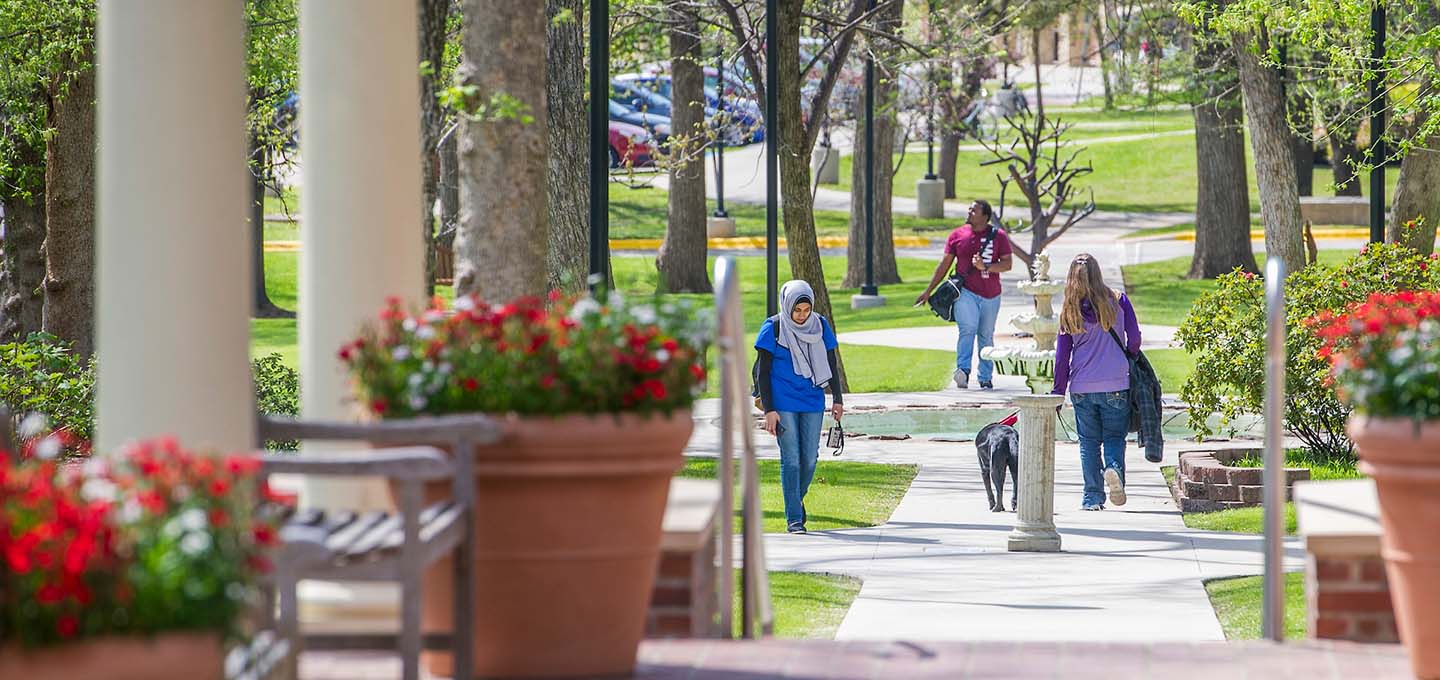
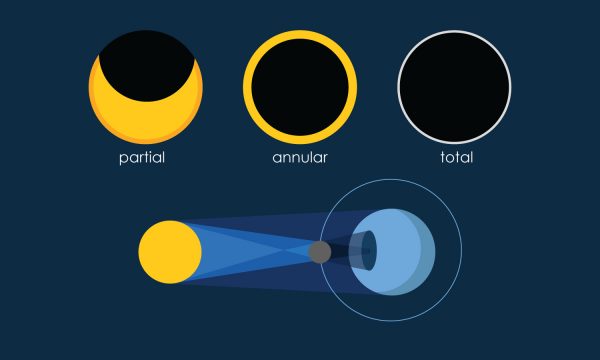
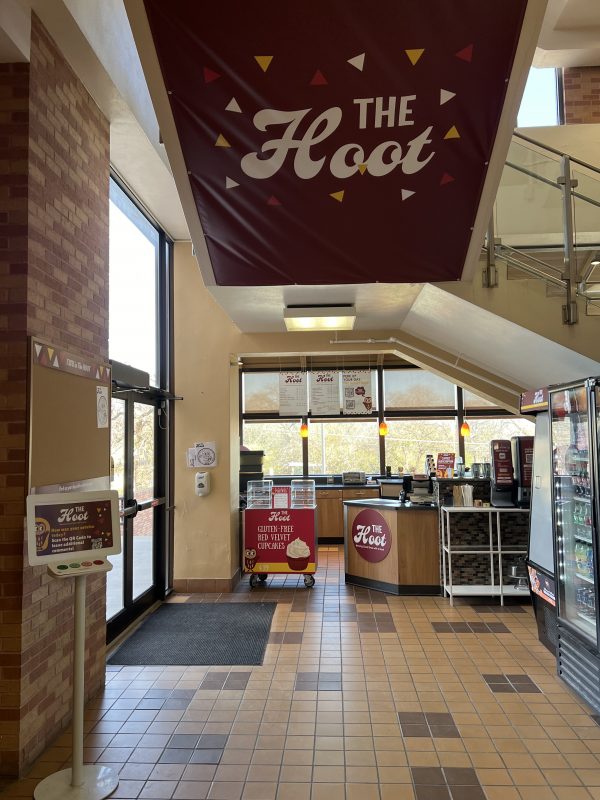
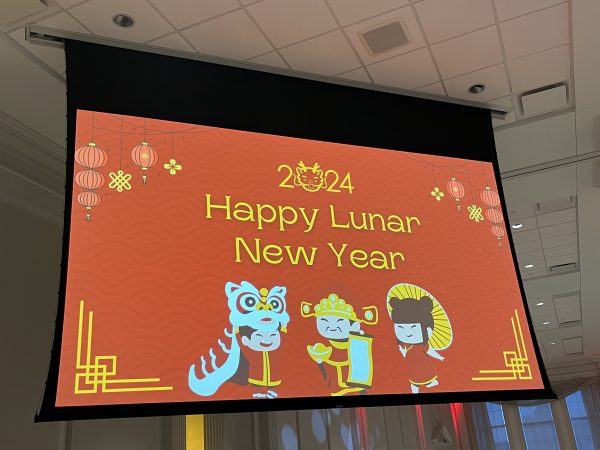
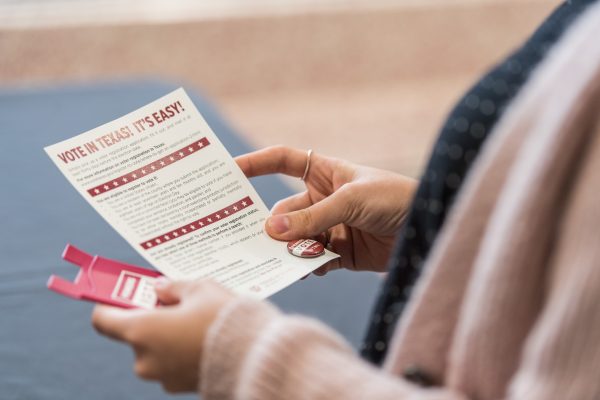
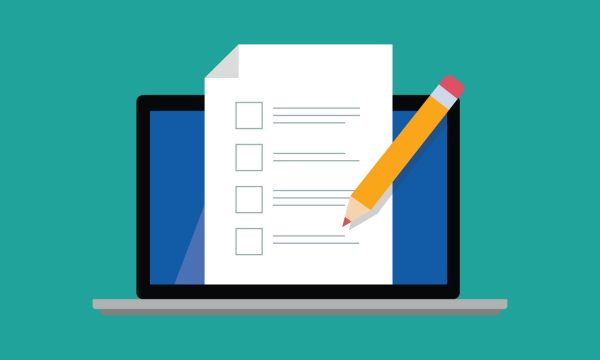
Be First to Comment